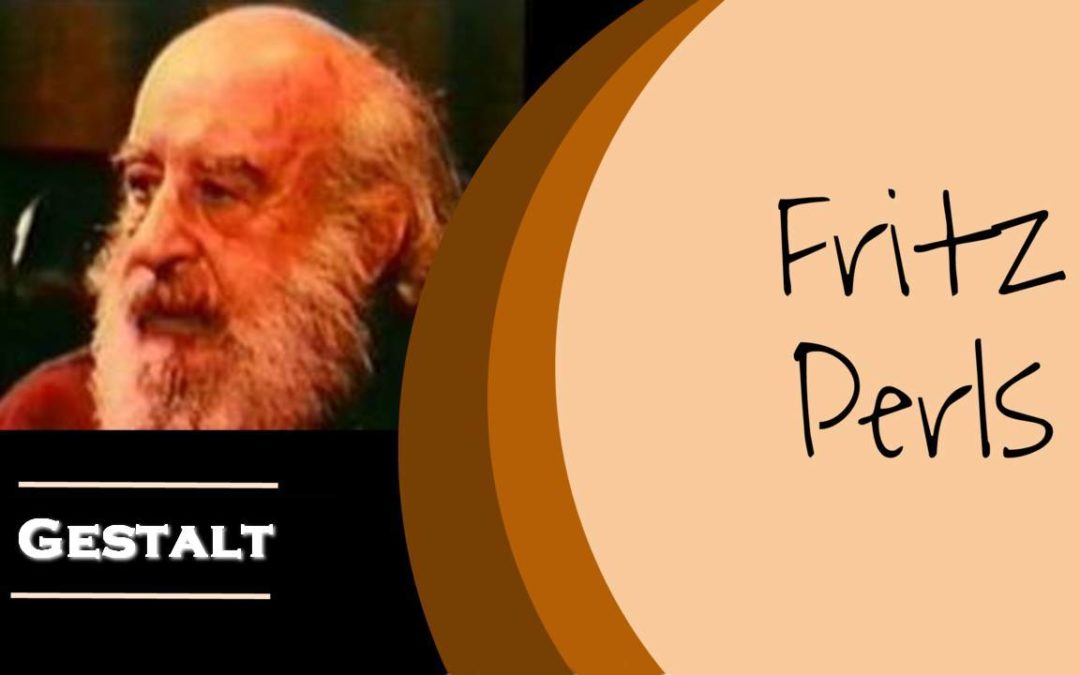In Gestalt psychotherapy it is assumed that human disorders result from some deficiency in personality development, that some important needs of the developing child were not met at that time.
Therefore, work in therapy consists in creating such conditions that it is possible to correct that lack with present experience. Therapeutic relationship plays a key role in such work, where the person is seen and accepted as he is – together with his experiences and emotions, fully. In Gestalt psychotherapy it is assumed that what we “do in a wrong way” today, results from adapting to earlier life circumstances (e.g. somebody is cut off from emotions because he had to do this to survive), and psychotherapy consists in seeing these nowadays harmful adaptations and working them through, thus freeing the person to new, fuller and more flexible functioning. The Gestalt therapist is also guided by the belief that he does not have to decide or suggest to the client what is good for him, instead, he works on expanding the client’s awareness of his beliefs, thoughts and emotions so that the client can make decisions; in other words, the therapist gives the client agency, does not do something “for the client
So what does the therapist actually do? He helps the client to increase his awareness, teaches him how to notice his own needs and meet them, he teaches his how to find his own power and how to give support to himself, and finally he teaches how to set boundaries/limits and take responsibility for his own actions.
In Gestalt therapy the concept/notion of “here and now” is very important, because even when working with difficult memories, the emotions are experienced here and now, so what has passed is actually still current and present. This is the dimension we work with in therapy, we not so much try to understand something and work with it intellectually but above all, remaining in the experience, we want to get back to the thoughts, feel the emotions and move to action in order to integrate these there aspects. Also to finally complete the issue, or “close the gestalt” as we, the therapists, say. Then the person becomes more of a whole, the energy begins to flow we can more adequately and flexibly respond to what the day brings.
Is Gestalt psychotherapy for everybody? Maybe this is not the most appropriate therapy if in two months you have a flight to the USA and you are afraid of flying – then I do not know if I will be able to help you. Also, if you are looking for somebody who will quickly give you ready-made tips – probably it will not come from a Gestalt therapist. If you have a psychotic episode and you are taking medication – probably also not, because psychotherapy requires your presence. Here we can work on reducing the level of anxiety based on the psychotherapeutic relationship, but this will be a supportive rather, not the main therapy. However, if you are struggling with problems in your relationships, you don’t know how to come to grips with yourself, you struggle with a sense of getting stuck and cannot see a way out – I do invite you to contact me.

